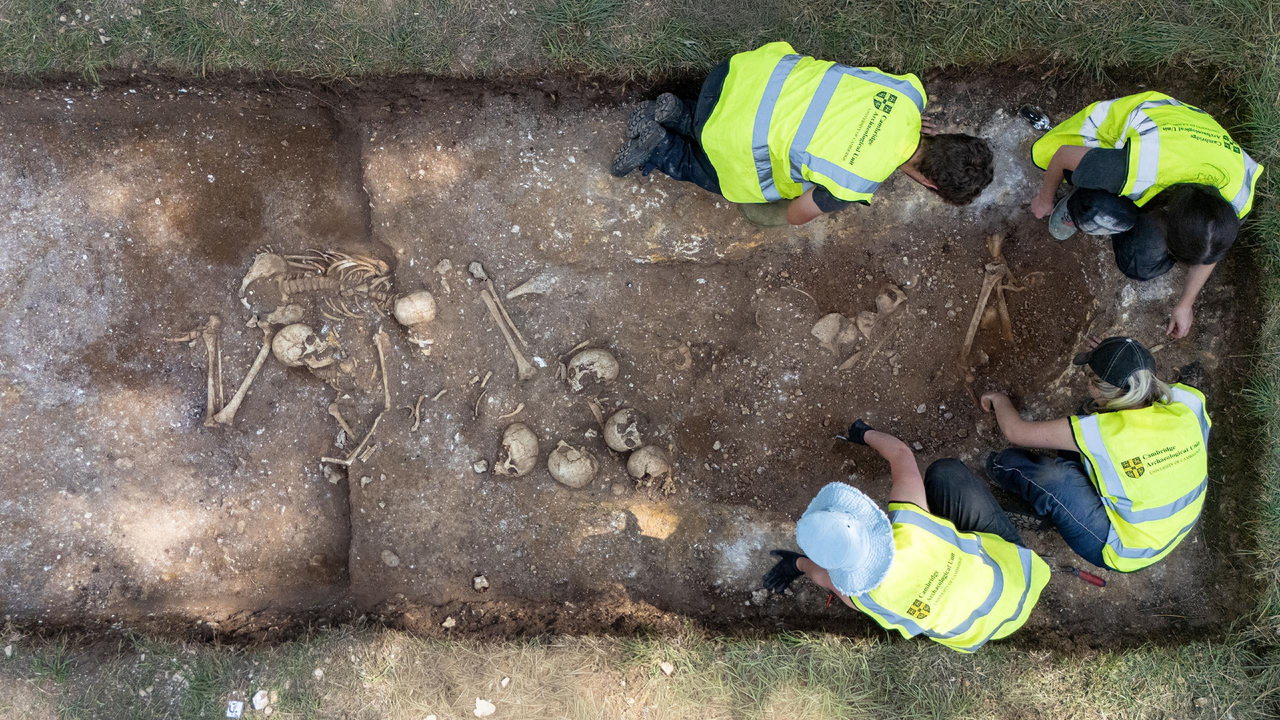The governments of Slovakia, Czech Republic, Poland, Hungary, and Bulgaria are firmly against the mandatory relocation of 40,000 mainly Muslim Syrians from Italy and Greece, one of the reasons the plan failed last month.
DPA The governments in Warsaw, Vilnius, Riga and Prague are displaying a rare show of unity in rejecting quotas for refugees as the EU tries to redistribute the immigrants. It wants to take pressure off Italy and Greece, where tens of thousands of immigrants have arrived by boat from North Africa and the Middle East this year.
Recent government declarations about the number of refugees they are willing to take in lag considerably behind the European Commission’s suggestions to relocate 40,000 people, nearly all Muslims.
If the governments in Central and Eastern Europe and the Baltic region have their say, they will be taking in Christian refugees. “After all, we are a country belonging to Christian culture,” Margus Tsahkna, the conservative minister of social affairs in Estonia, said recently.
In SLOVAKIA, Prime Minister Robert Fico argued Christian arrivals were less likely to stir fears among the local population. Terrorists might try to mingle among Muslim refugees, he added. slovakia-will-take-in-200-syrian-refugees-but-they-have-to-be-christian
Slovakia is one of the countries with the lowest acceptance of asylum seekers. Fourteen people were given formal refugee status in the past year after 331 applied to be recognized as refugees. Far right and nationalist groups have also demonstrated there in recent weeks “against the Islamization of Europe.”
“In Slovakia, we don’t have mosques,” an Interior Ministry spokesman explained, arguing that Muslim migrants wouldn’t feel at home in the Central European country because of its tiny Muslim population. So, he said, “we only want to choose the Christians.”
In the neighboring CZECH REPUBLIC, a group calling itself the Bloc Against Islam managed to collect 145,000 signatures on a petition against Muslim immigrants. Czech President Milos Zeman repeatedly has spoke out against taking in refugees from North African countries like Libya.
Czech Republic’s president Milos Zeman stated that no African nor Middle Eastern asylum tourists should be taken in. Cultural distance and differences simply too large. Poland thinks similarly.
CZECH REPUBLIC says no to African Muslim refugees
“Refugees from a completely different cultural background would not be in a good position in the Czech Republic,” he was quoted as saying by a spokesman. Immigrants who are “culturally close,” on the other hand, are Eastern European Slavs and Christians from Syria, according to the president.
The centre-left Czech government has agreed to accept 1,500 refugees after opposing the EU’s mandatory relocation scheme. The government wants to be “in control of the whole process,” Prime Minister Bohuslav Sobotka said. The new arrivals, therefore, have to pass security background checks and will have to live in off-limits centres, some of them in isolated areas like the foothills of the Beskid Mountains.
POLAND, with a population more than three times larger than the Czech Republic, will probably receive about 2,000 refugees – but many Poles consider even this number too much.
In Poland it is a common sense, that Polish society benefits only from certain refugees. Keeping in mind the imminent meltdown in Sweden, where third world criminals were and still are imported at record numbers, one can only agree. As “welt.de” reported, Prime Minister Ewa Kopacz recently announced to grant asylum to 60 Syrian Christian families. In the long term, up to 150 Christian families from Syria are planned to get shelter in Poland.
Kopacz explained this step by saying: “Christians who are persecuted in the most barbaric way, deserve that a Christian country like Poland will help them.”
In a poll published in the conservative Polish daily Rzeczpospolita Monday, more than 70 per cent of the respondents said they were against refugees from Africa or the Middle East coming to Poland. In a similar poll held in Latvia, 55 per cent spoke out against refugees in the Baltic country.
Even the preferred group of Christian refugees stirred a negative response among some. Fifty Christian families from Syria who arrived in Poland at the weekend became part of the political fight as the country heads towards parliamentary elections in the autumn.
Poland learned its lessons from the Swedish, French, Belgian and German horros, which came by exerting too much tolerance towards ever-demanding Muslims.
HUNGARY – which has had a sudden influx of Kosovars – announced last month that it would erect a 109-mile-long wall along its southern border with Serbia. Their applications for asylum surpassed those of Syrians in the first quarter of the year, according to the statistical agency Eurostat. Almost all of them were lodged in Germany and Hungary.
BULGARIA Prime Minister Boyko Borissov has warned that more Muslim immigrants in Bulgaria could change the country’s ethnic balance.
Bulgaria is a country where a substantial proportion of the population is Muslim (ethnic Turks, Islamised Bulgarians and a significant proportion of the Roma minority). According to the CIA Factbook, 59.6% of the population of Bulgaria is Orthodox Christian, and 7.8% are Muslims.
Muslims attack Bulgarian police












.jpg)





.jpg)


































Δεν υπάρχουν σχόλια:
Δημοσίευση σχολίου